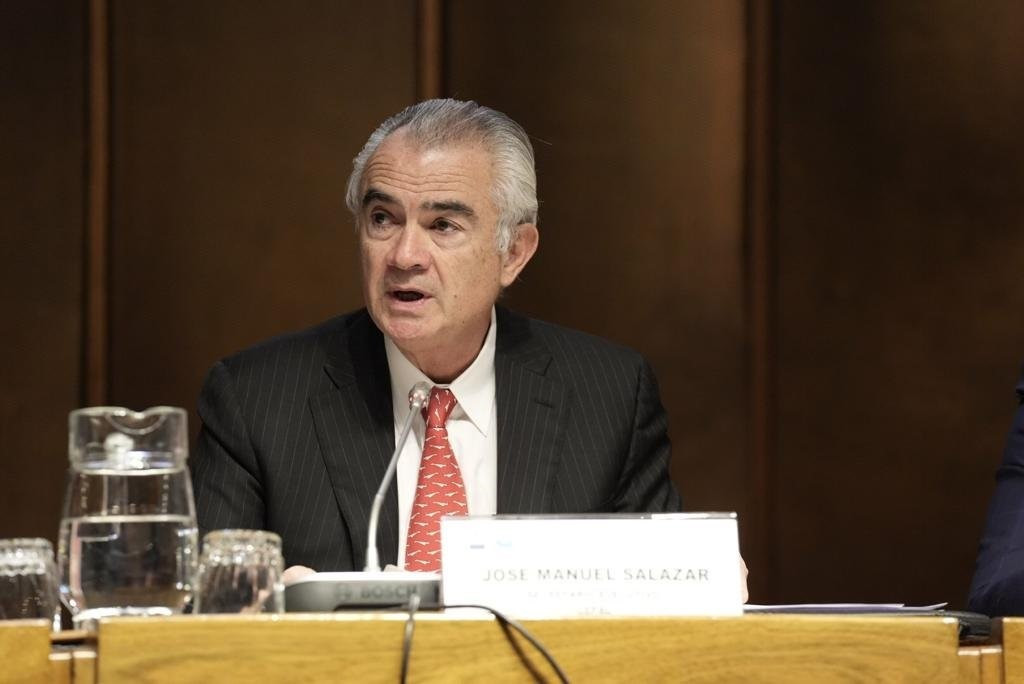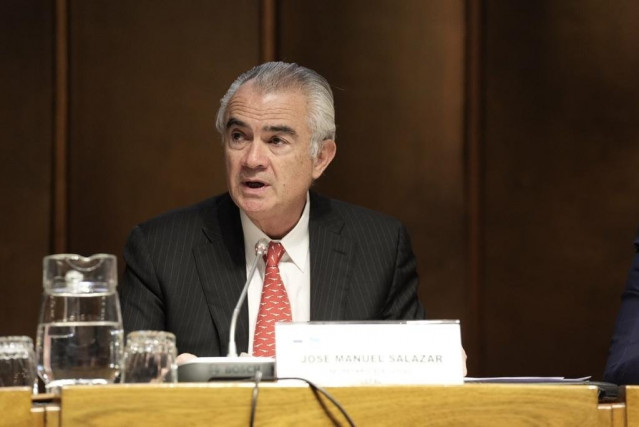The major transformations required in development models in Latin America and the Caribbean in order to achieve more productive, inclusive and sustainable societies require expanding fiscal space to provide sustainability to public finances.
This was stated by authorities, experts and academics gathered at the 36th Regional Symposium on Fiscal Policy, which concluded on Wednesday at the headquarters of the Economic Commission for Latin America and the Caribbean in Santiago, Chile.
The regional forum – which for 36 years brought together authorities, specialists, civil society and academia to discuss the fiscal policy challenges faced by countries in the region – concluded by emphasizing the need to increase the availability of financial resources and make the process more effective. Using them, by increasing the level of tax collection and escalating it so that it contributes to reducing inequality.
The meeting was opened by José Manuel Salazar-Zerenache, Executive Secretary of the Economic Commission for Latin America and the Caribbean, who warned that the current macrofinancial environment, characterized by low economic growth and high fiscal costs, has made the management of fiscal policy in the region more complex.
He pointed out that “countries' fiscal space is limited, with increasing pressure to contain public spending in order to protect the dynamics of public debt.”
In this sense, he added that when countries have to allocate 3, 4 and even 5 points of GDP to debt servicing, the availability of resources for expenditures and investments in health, education, infrastructure and other key areas of the economy and social development decreases.
“For this reason, we have been insisting that to generate the capacity to grow in a high, sustainable, inclusive and sustainable way, and break out of the low growth trap, countries in the region must scale up and improve their productive development policies,” he said.
During the three days of discussions, public spending and its priorities were addressed to achieve more sustainable development, enhance public income to finance it, and sustain public debt.






